The End of Pacific Content
Reflections on trying to build a company you would want to work at
Welcome to the Creativity Business, a newsletter about earning attention and differentiating yourself as a marketer or content creator. If you’re not a subscriber, sign up and get content & differentiation strategy delivered to your inbox every two weeks for free.
This is not the newsletter I was planning to write this week…
When I got off the plane returning home from a family vacation on Monday, my phone immediately lit up with an absolutely torrent of texts, calls, emails, and LinkedIn messages. The company I co-founded, Pacific Content, is being shut down by Rogers Communications, the corporation that acquired it in 2019.
I have already been asked many times for my thoughts about the closure of the company. I am still in shock and I’m also very sad. My thoughts are primarily with all the talented and kind people whose jobs and lives are being affected by this.
I have also been thinking that this should not be as surprising as it seems right now.
When people used to ask me what I did for a living, I would say that I worked at this “weird little company” that helped brands think and act more like media companies by making amazing podcasts.
Pacific Content was indeed a “weird little company.” It was built to be different from the start. Jenny Ouano, Chris Boyce, Rob Leadley, and I all very consciously wanted to build the sort of company that we would want to work at. We wanted to build a company that incorporated all the best parts of our previous work experiences and avoided the parts we didn’t enjoy as much.
We were not the only ones wanting to rethink work - there are lots of other companies doing the same thing in their own way. I love Bree Groff’s newsletter about rethinking work. I love Corey Coates’ new newsletter about building a different kind of company. And I loved all the books from the Basecamp team about rethinking how companies operate, too.
We had a different business model than anyone in podcasting at the time, working exclusively with brands. We believed that any brand could become a media company and that much of traditional media’s ad-supported business model was broken and declining. We believed that if brands produced shows that were as good or better than those put out by media companies, they could earn enormous amounts of attention and build considerable audiences of their own. If they did this, they wouldn’t have to rent other people’s audiences and their brand touchpoints would be great experiences instead of unwanted interruptions.
We also looked to companies like Netflix for how to attract phenomenal people. We deliberately paid people very well, gave them lots of autonomy and responsibility, and tried to build a culture that was kind, inclusive, and fun. I am biased, of course, but I believe Pacific Content had one of the best teams of podcasting talent on the planet. And while there were hard times and unforeseen challenges, overall, I think we had more than our fair share of fun.
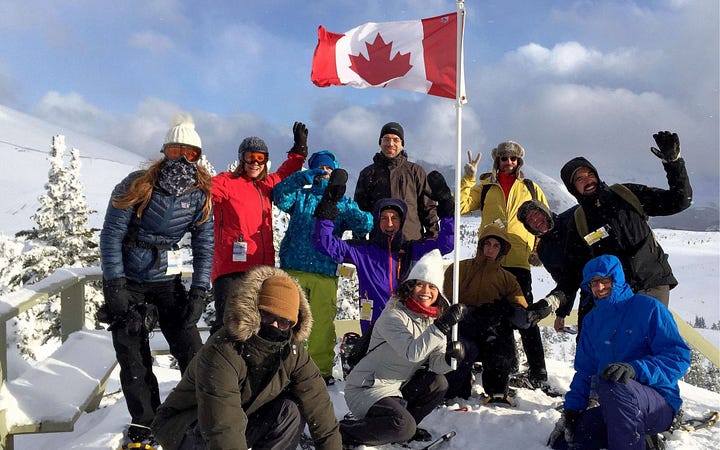
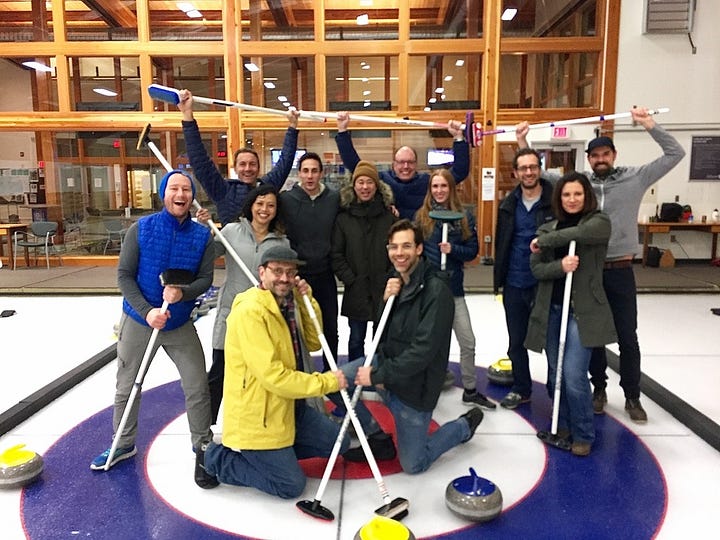
Jenny Ouano organized mind-blowing annual retreats, we had office washrooms named after podcasts (Dirty John and S-Town!), and we had regular learning sessions with staff and amazing guests. When people left the company or went on parental leave, there were celebrations filled with creativity. And best of all, everyone was just really, really nice and kind.
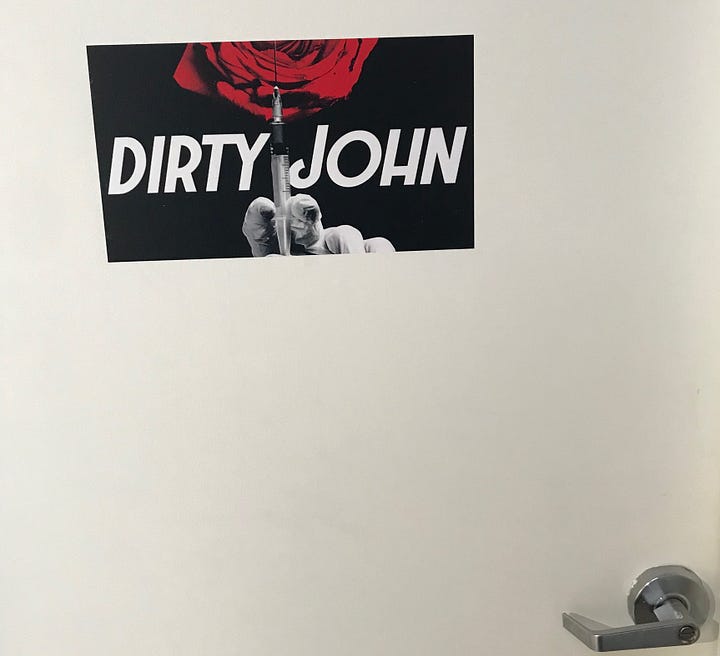

The team was also really, really smart. They were curious. They were creative. When problems cropped up, the team figured out solutions. Whether it was how to translate business goals into audience-first shows, how to effectively use the strengths of brands to market podcasts and grow audiences, or how to measure podcasts effectively for brands, the team dug into the challenges and figured it out.
As a result of all this, we ended up with a lot of amazing clients. I still can’t believe some of the great companies that we were able to work with. For a group of Canadians, another reason we were “weird” is because almost all of our clients were based in the United States. We were able to produce shows with real budgets, access massive promotional channels, and put the shows in front of a lot of listeners.
It was all a wild ride with an amazing group of people, including the Pacific Content team as well as our clients.
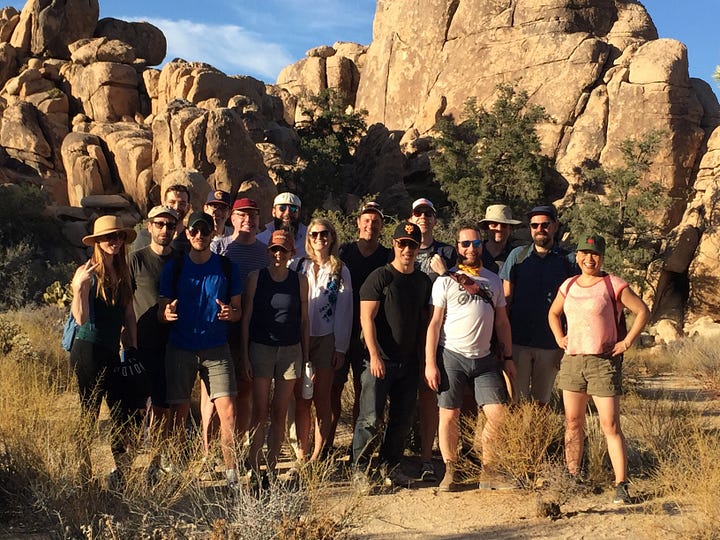
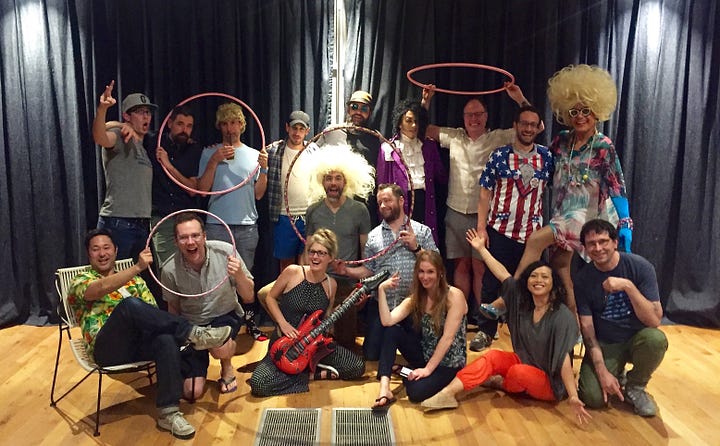
At this point, you might be thinking, “Well if Pacific Content is so great, then why is it being shut down?”
The answer to that lies within Rogers - I actually don’t know. However, based on what was shared by Rogers about the decision to shutter Pacific Content, it seems like they might be closing it for the exact same reasons that they bought it: the business model is different, the thinking is different, top talent is expensive, and the clients are almost all in the States.
To me, “we’ve decided to focus on our core audio business – creating meaningful content for Canadian audiences and advertisers” suggests that Rogers will make more revenue playing to their existing strengths by selling integrated, multi-platform advertising campaigns across television, radio, podcasting, and digital in Canada than they will by making original podcasts with U.S.and global brands.
All that to say this: I think the team at Pacific Content built something different —by design— and that made it initially attractive but, later, a problem. If you try to fit a ”weird little company” into a giant traditional company, it turns out that it’s very hard to stay too weird for too long. For others building unusual companies (or considering purchasing unusual companies), the Pacific Content/Rogers story holds both lessons and warnings.
Despite the way it is ending, I could not be prouder of what the whole team at Pacific Content built. It was a very special and innovative company and the best team I have ever worked with. The whole experience was a true honour. It will remain an all-time career highlight for me and, I hope, for others as well.




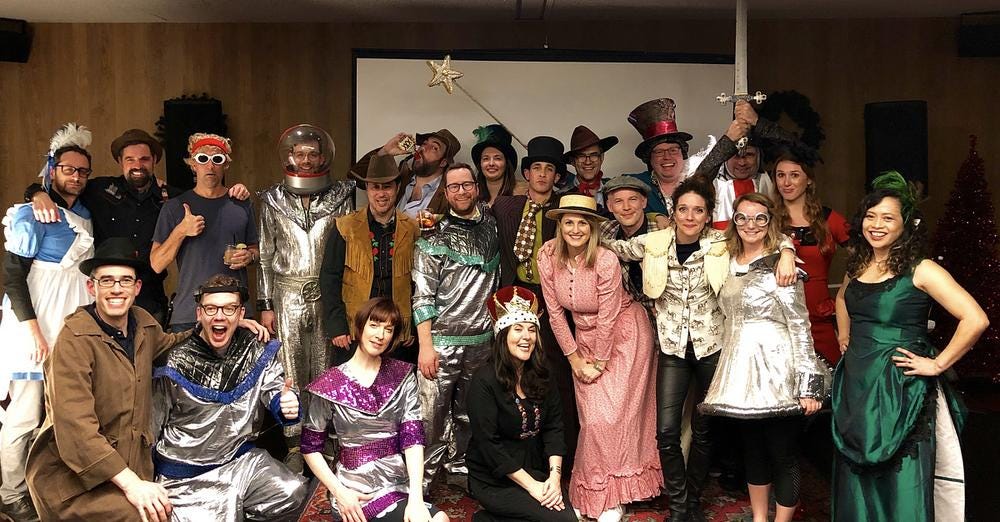
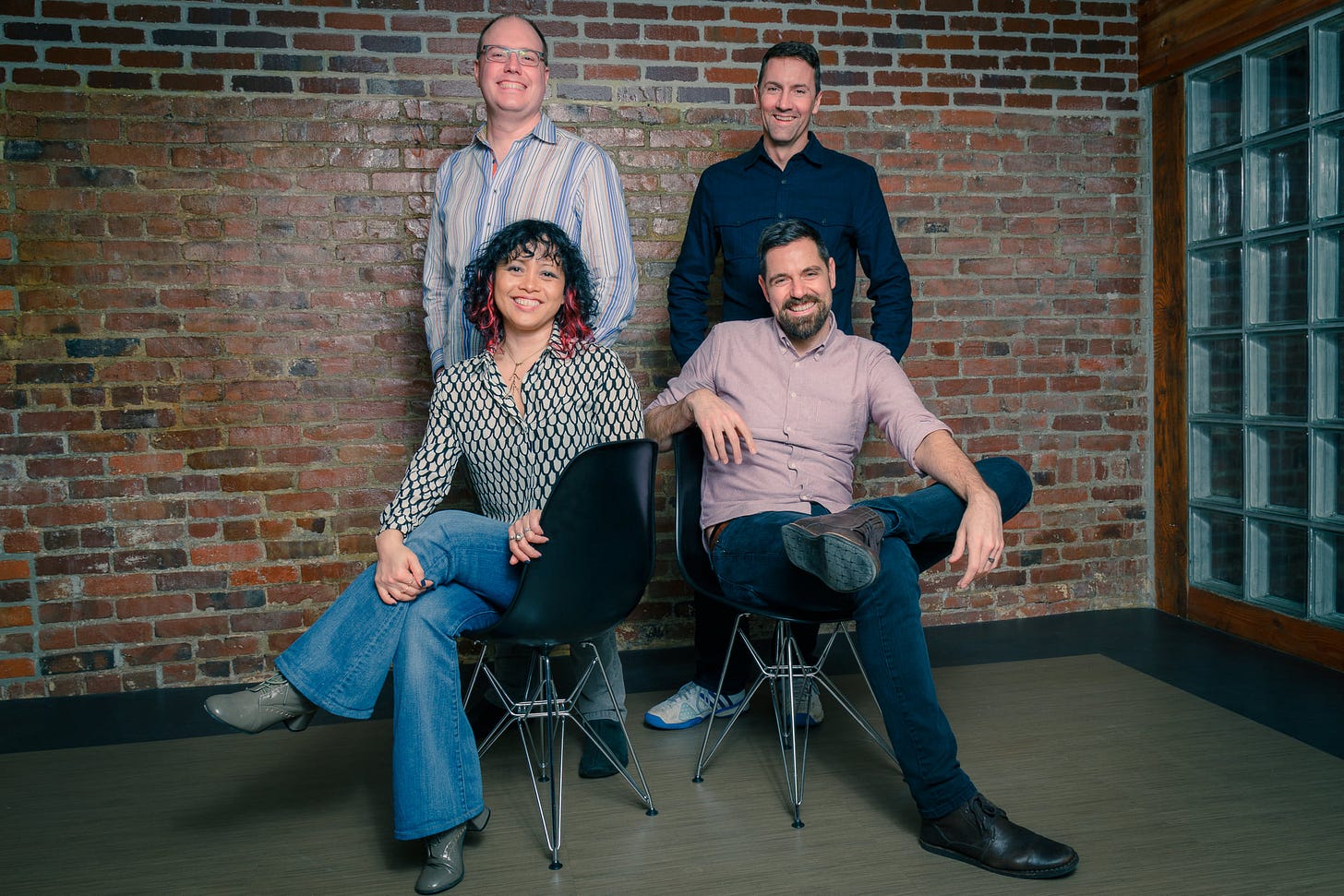

Very sad news, Pacific Content was something special. A big company wrecks it again, I hate this podbiz era
Ah, Steve, I'm so sorry to hear. How I adore "weird little companies"! And it sounds like you created a phenomenal one. I always think... companies don't need to last forever. Sometimes, just like humans, they come, create magic, and go. I hope amidst all the sadness you're feeling pride too. P.S. Thank you for the shout out <3